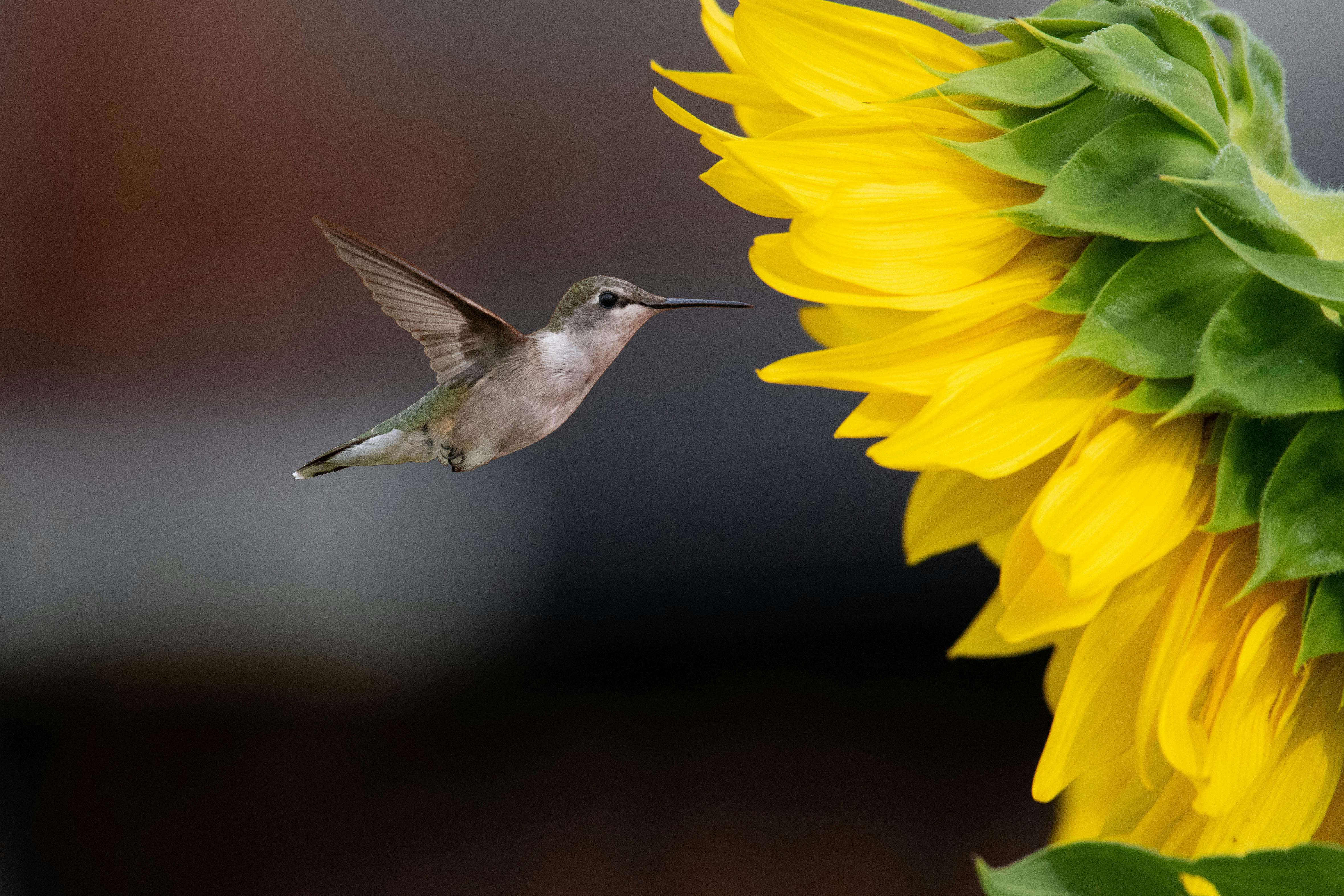
How to Properly Grow Brussels Sprouts: Essential Tips for 2025 Success
Growing Brussels sprouts can be an incredibly rewarding experience, especially when you see the fruits of your labor flourishing in your garden. This unique vegetable, characterized by its small, leafy green buds, is not only a culinary delight but also offers numerous health benefits. As we navigate through 2025 and beyond, understanding how to cultivate and care for Brussels sprouts can greatly enhance your gardening success.
This article provides you with essential tips for growing Brussels sprouts, including optimal planting techniques, care strategies, and harvesting methods. Whether you are a novice gardener or an experienced grower, you'll find valuable insights on the best Brussels sprouts varieties, their ideal growing season, and effective pest management techniques. Additionally, we’ll explore popular recipes to make the most of your harvest and provide information on companion planting for a thriving garden.
Stay tuned as we delve into the best practices that will ensure your Brussels sprouts grow healthy and yield delicious results.

Understanding the Best Conditions for Growing Brussels Sprouts
Before diving into the specifics of Brussels sprouts care, it’s important to understand the ideal conditions that optimize growth. These plants thrive in cool weather, making them ideal for autumn and early winter harvests. The perfect temperature for Brussels sprouts is between 60°F and 70°F (15°C - 21°C), and they can even withstand light frost, which can enhance their flavor.
The soil plays a crucial role in their growth as well. Brussels sprouts require rich, well-draining soil with a pH between 6.0 and 7.0. Incorporating organic matter, such as compost, will greatly improve soil fertility and structure. Knowing how to prepare your soil for Brussels sprouts is essential for any successful gardening endeavor.
Choosing the Right Varieties
When it comes to selecting the best Brussels sprouts varieties, consider your local climate and the length of your growing season. Some popular varieties include 'Jade Cross', 'Long Island Improved', and 'Falstaff'. 'Jade Cross' is favored for its resistance to diseases and produces firm, sweet sprouts, while 'Long Island Improved' is known for high yields and sturdy plants. Choosing the right variety tailored to your region can significantly enhance your chances of a flourishing crop.
Brussels Sprouts Planting Timing
The timing of planting is critical for a successful Brussels sprouts garden. The best time to plant Brussels sprouts is usually around mid-summer, approximately 3-4 months before the first expected frost. For fall harvests, starting seeds indoors 6-8 weeks before the last frost date will give seedlings a head start. Transplanting seedlings outdoors at about 4-6 weeks old allows them to establish before cooler temperatures set in.
Essential Spacing Requirements
To ensure proper growth and air circulation, Brussels sprouts require ample space. When planting, maintain a spacing of about 18-24 inches (45-60 cm) between each plant. This not only helps in avoiding competition for nutrients but also minimizes the risk of diseases. Additionally, understanding the Brussels sprouts spacing recommendations will aid in maximizing your yield and maintaining a healthy garden environment.
Watering and Sunlight Needs
A consistent watering schedule is vital for Brussels sprouts since they are susceptible to stress from both drought and overwatering. Ideal soil moisture is achieved through watering about 1-1.5 inches (2.5-4 cm) weekly, adjusting based on rainfall. Ensuring Brussels sprouts receive at least 6-8 hours of sunlight daily will also aid in their growth, making it crucial to plant them in an area that receives full sun.
Fertilizing for Optimal Growth
To achieve robust growth, Brussels sprouts require a nutrient-rich environment. Fertilizing Brussels sprouts with a balanced fertilizer, preferably organic, will improve plant health and yield. During the initial growth stages, opt for a high-nitrogen fertilizer to promote leafy growth, switching to a phosphorus-rich fertilizer as they begin to develop sprouts. Knowing how to fertilize Brussels sprouts effectively can lead to a flourishing garden.
Key Care Tips for Healthy Brussels Sprouts
Once planted, Brussels sprouts require ongoing attention to ensure their development remains steady. Proper care encompasses pest management, watering strategies, and disease prevention, all aimed at maintaining healthy plants and ensuring a bountiful harvest.
Maintaining Soil Health
Managing soil health through organic practices is one of the best Brussels sprouts care tips available. Incorporating cover crops, practicing crop rotation, and enriching the soil with compost can help maintain nutrients and prevent diseases. Add organic fertilizers regularly and consider mulching to retain moisture and suppress weeds.
Pest Management Strategies
Brussels sprouts are susceptible to pests, including aphids and cabbage worms. Implementing integrated pest management (IPM) techniques, such as introducing beneficial insects or using organic pesticides, is essential. Regular monitoring and early intervention can curb potential infestations, preserving your plants' health.
Protecting Against Common Diseases
Understanding Brussels sprouts diseases will help in preventing issues like downy mildew and black rot. To combat these diseases, ensure good air circulation through proper spacing, avoid overhead watering, and remove any infected debris from the garden. Practicing these strategies will bolster your chances of harvest success.
Water Management Techniques
Effective watering is crucial for Brussels sprouts, particularly during dry spells. Implementing a drip irrigation system can provide consistent moisture while minimizing disease risk from overhead watering. Additionally, using mulching techniques can help retain soil moisture and keep weeds at bay.
Harvesting Best Practices
Harvesting Brussels sprouts correctly is vital for their quality. They are typically ready for harvest when the buds reach about 1-2 inches in diameter. Begin by picking off the lower sprouts as they mature, allowing the top sprouts to grow larger. Ensuring you know the Brussels sprouts harvesting techniques will make the difference between a good yield and a great one.

Exploring the Culinary Benefits of Brussels Sprouts
After a successful season of growing Brussels sprouts, you’ll be looking for ways to incorporate them into your meals. These little powerhouses not only taste delicious but also provide a wealth of health benefits.
Health Benefits and Nutrition Facts
Brussels sprouts are nutrient-rich vegetables packed with vitamins C and K, as well as dietary fiber. Their consumption can aid in digestion, support heart health, and provide antioxidant properties. Understanding Brussels sprouts nutrition facts will inform you of their essential role in a healthy diet.
Culinary Preparation Techniques
Preparing Brussels sprouts for cooking offers many options, from roasting and steaming to stir-frying. Roasting Brussels sprouts brings out their natural sweetness, while steaming preserves their crunch. Knowing the different Brussels sprouts cooking methods can elevate their flavor and provide variety in your meals.
Creative Recipes Featuring Brussels Sprouts
With Brussels sprouts, the culinary possibilities are endless! You can create savory dishes like Brussels sprouts with balsamic glaze or add them to hearty salads. For something unique, try making Brussels sprouts chips for a healthy snack. Discovering the versatility of recipes with fresh Brussels sprouts can add creativity to your cooking repertoire.
Companion Planting and Gardening Techniques
To enhance your Brussels sprouts growth and yield, consider companion planting with crops that thrive in similar conditions. Effective companion plants can repel pests and maximize the use of space in your garden.
Benefits of Companion Planting
Brussels sprouts pair well with companions like kale, beans, and aromatic herbs like dill and rosemary. Such companions deter pests and improve soil health, offering mutual benefits to the plants involved. Understanding companion plants for Brussels sprouts can significantly improve the resilience of your garden.
Utilizing Vertical Gardening Techniques
If space is limited, Brussels sprouts can also be grown in vertical gardens or containers. Container gardening Brussels sprouts allows for easier management of soil conditions and watering. Implementing vertical gardening techniques not only conserves space but can lead to better pest management.
Extending the Growing Season
For those wishing to enjoy Brussels sprouts beyond the traditional growing season, there are methods to extend the lifecycle. If you live in particularly cold areas, using row covers can protect your crops while allowing them to continue growing during chillier months. Utilizing extended growing season strategies can enhance your yield significantly.
Managing Seasonal Care of Brussels Sprouts
Caring for Brussels sprouts throughout their growth stages is essential. In colder months, ensure adequate frost protection and keep an eye out for signs of stress. Understanding seasonal care for Brussels sprouts helps cultivate a healthy vegetation cycle and yields fresh produce.
Common Challenges in Growing Brussels Sprouts
Even with the best intentions, there can be challenges when growing Brussels sprouts. Identifying and addressing these common issues is crucial for maintaining a healthy crop.
Diagnosing Growing Issues
Common Brussels sprouts issues include stunted growth, poor development of sprouts, or pest infestations. Observing symptoms and understanding factors influencing Brussels sprouts growth can aid in diagnosing and correcting problems early on.
Troubleshooting Growing Problems
If you encounter challenges with Brussels sprouts, such as yellowing leaves or small sprouts, immediate action is necessary. Reviewing watering practices, pest management, and soil amendments will help remedy the situation. Mastering Brussels sprouts cultivation techniques ensures both the quality and success of your yield.
Implementing Effective Weed Management
Weeds can compete with your Brussels sprouts for nutrients and sunlight. Implementing effective weed management strategies, such as mulching and routine weeding, will alleviate competition and promote healthier plants. Keeping weeds at bay is crucial for maintaining a productive Brussels sprouts garden.
Your Path Forward: Succeeding in Growing Brussels Sprouts
Growing Brussels sprouts can be a fulfilling journey enriched by knowledge and care. With proper attention to the growing conditions, care techniques, and pest management strategies outlined above, success is within reach. Start by selecting the best varieties for your climate and following through with diligent care.
By mastering these steps, you can enjoy a bountiful harvest of delicious Brussels sprouts, becoming well-versed in both their cultivation and diverse culinary applications. Ready to embark on this growing adventure? Check out more in detail [here](https://fixsage.info/?p=1620) and learn techniques to boost your Brussels sprouts success today!
Don't forget to embrace the joy of gardening, exploring the various possibilities that Brussels sprouts have to offer. Whether it's a hearty meal or an engaging family activity, these little green gems can enhance your living and eating experience.
To learn more about other vegetables and sustainable gardening practices, visit [this link](https://fixsage.info/?p=1607).